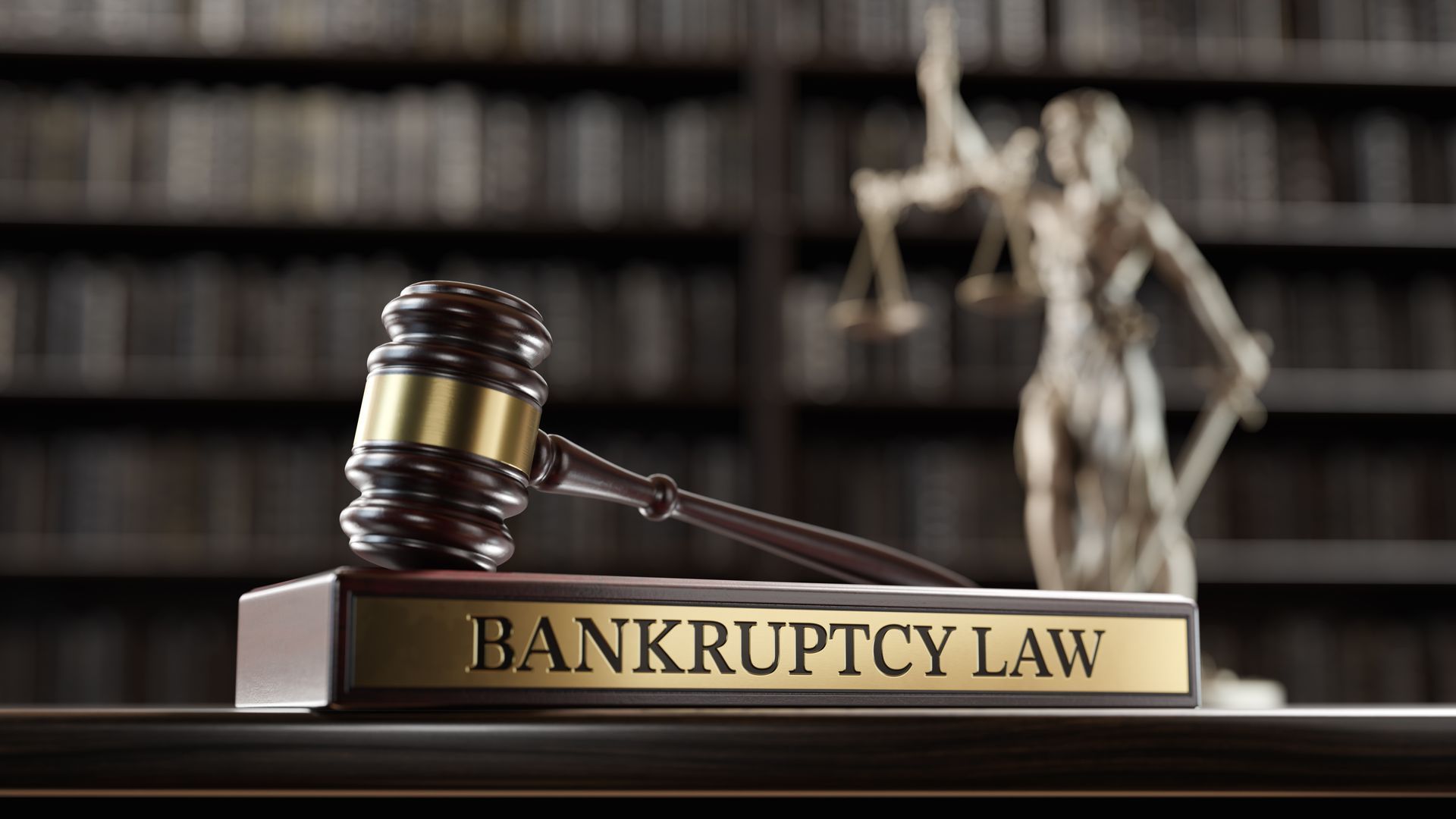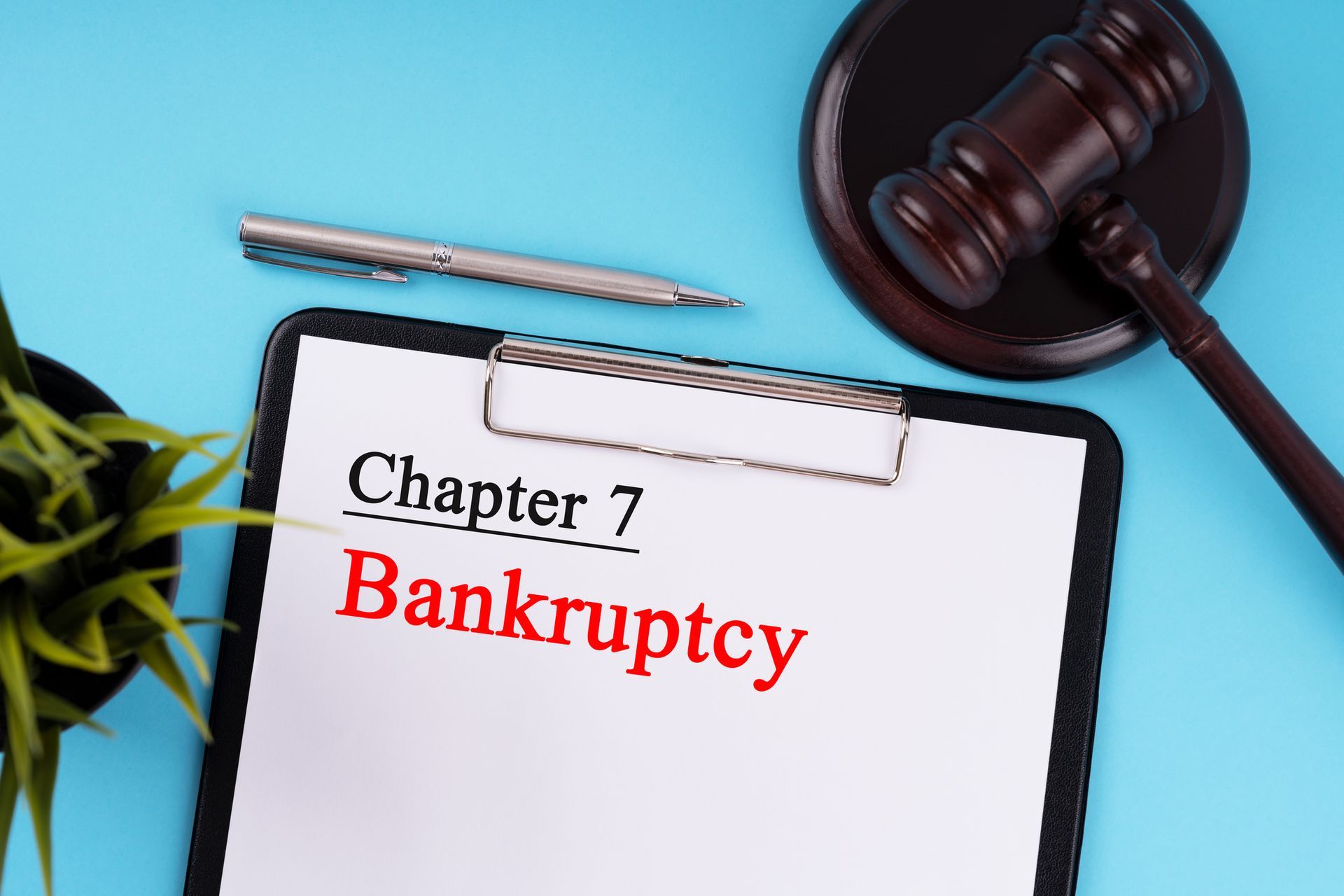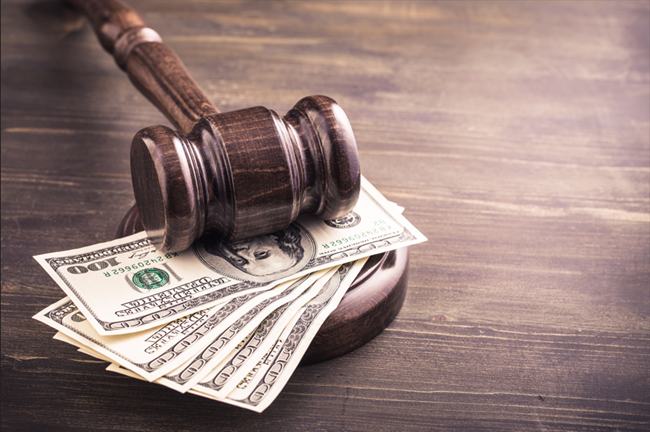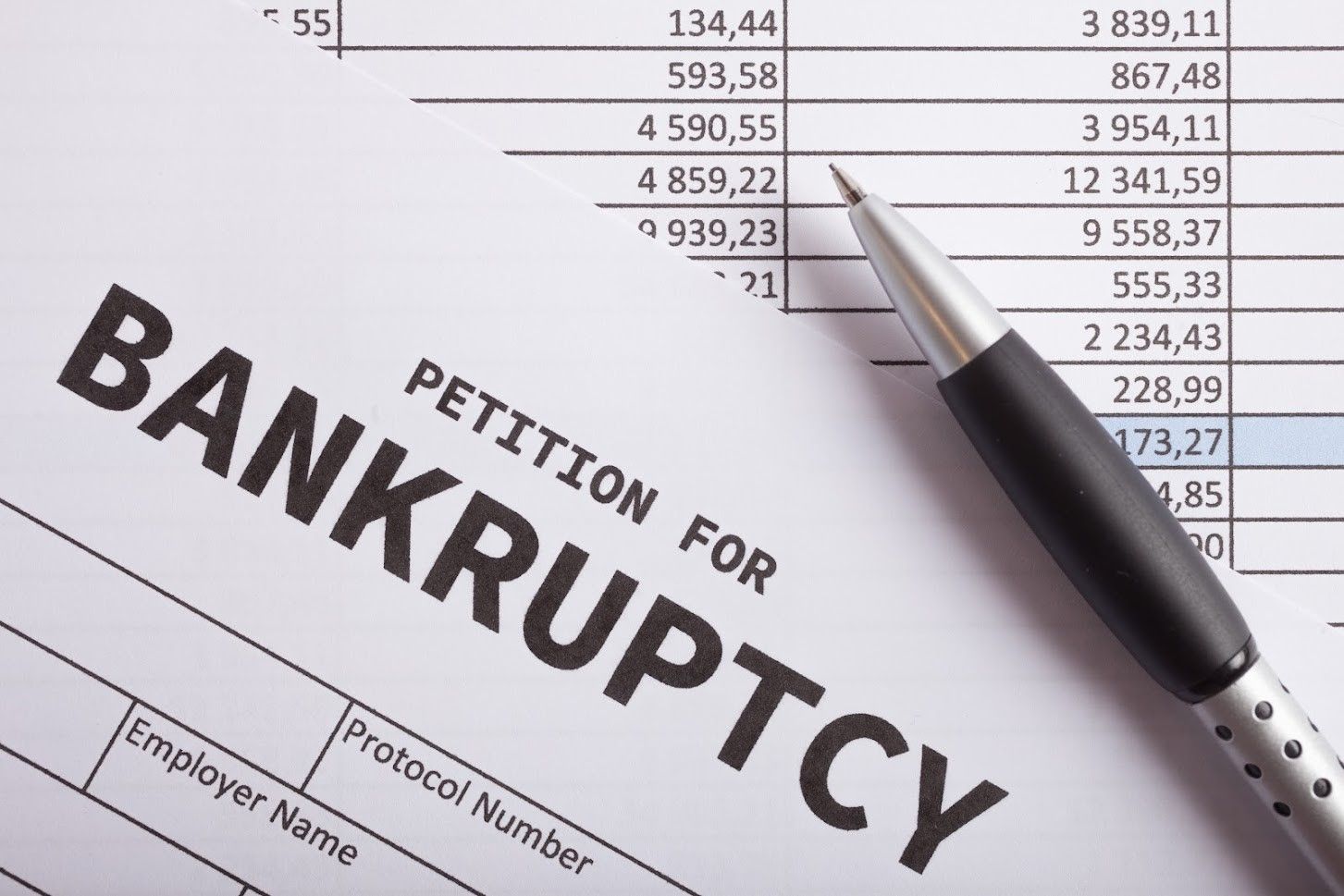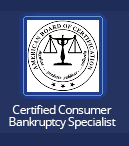What Is A Garnishment And What Can You Do About It?

To those who have never struggled with debt crises, a garnishment may sound like a foreign term. But if you have received a garnishment order, your best defense is to understand how it works and what your next step should be. Here are a few answers to help you do just that.
What is a Garnishment?
A garnishment is a court order to seize particular assets of a debtor in order to fulfill their debt, and in this case, the asset is money. To get their money through a garnishment, a creditor must have exhausted normal channels to get payment. Then, they must go to court to sue for the money and finally to actually get the garnishment order itself.
Garnishments generally come in two basic varieties: against wages and against accounts.
How Do Garnishments Work?
The way a garnishment is handled depends on which type it is.
Wage garnishments are orders to your employer to withhold a percentage of after-tax income from your paychecks until the order is lifted or completed. Once your employer receives one, they must respond immediately and give you information detailing the order and your options. Depending on the timing of your next paycheck, you may have time to talk to the creditor before the garnishment is actually carried out.
An account garnishment to seize and remit money from your bank account moves much faster. You are unlikely to receive notification from the bank before the account is frozen, in order to prevent you from simply clearing out the account.
Once it is frozen, you won't be able to do any transactions, including payments that haven't cleared the account yet. The bank will then determine what are exempted funds and what are not.
What Can You Do About a Garnishment?
If your employer or financial institution has notified you of a garnishment order received, your options as a debtor are very limited. The employer or bank does not legally have the choice to simply ignore the order or to fail to follow its requirements no matter how they feel about you or your financial situation.
Whoever received the garnishment order, though, does have to calculate any withheld money according to the rules of the order. Under state and federal rules, certain monies are considered exempt from garnishment in order to provide you with the means to live.
This often includes government benefits, Social Security, and a percentage of your take-home income. Protect yourself by familiarizing yourself with these rules.
Any attempts to end the garnishment will have to be done with the creditor rather than the institution. You may be able to negotiate with the creditor, although this is very difficult if they are able to successfully garnish your wages or accounts.
What Should Be Your Next Move?
Since there are many things you cannot do on your own to end a garnishment, you should consult with an experienced attorney who handles garnishments and bankruptcy or debt issues. They will start by ensuring that any existing garnishments are being handled legally and properly so you don't lose money unnecessarily.
The best bet for stopping a garnishment and protecting your ability to pay for daily expenses is to pursue bankruptcy as soon as possible. If your debt emergency has grown to the extent that you are being garnished, you are likely to find that bankruptcy is not only the financially sound option but also the best way to find emotional relief from this burden.
Attorney Charles J Schneider PC can help. Our professional team will help you find the best alternatives, stop harassment from creditors, and get relief from garnishments. Call today to make an appointment and start moving forward.


